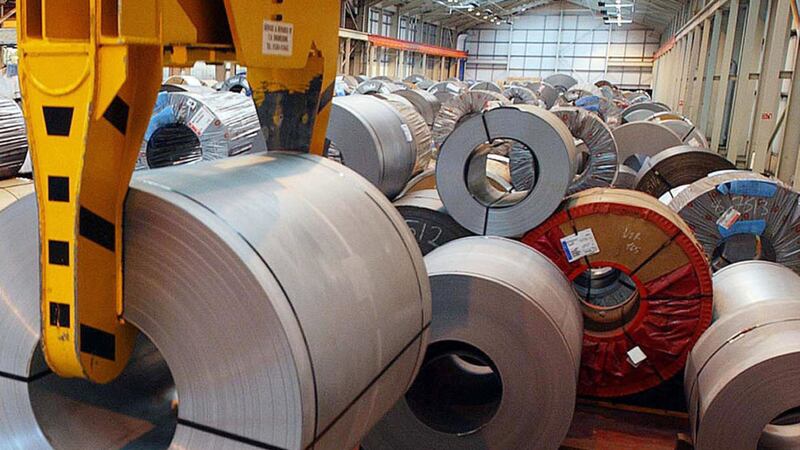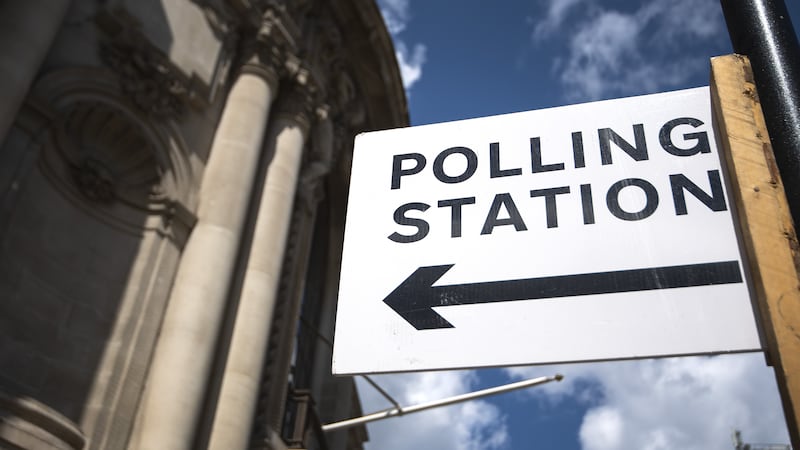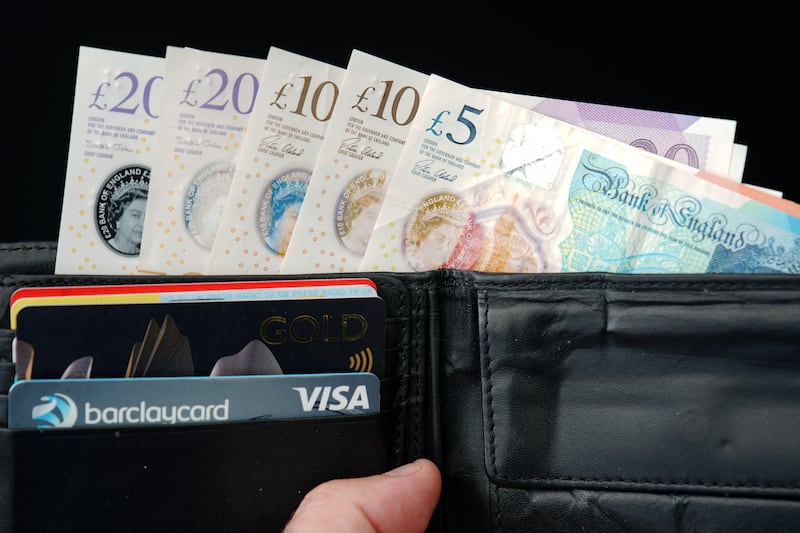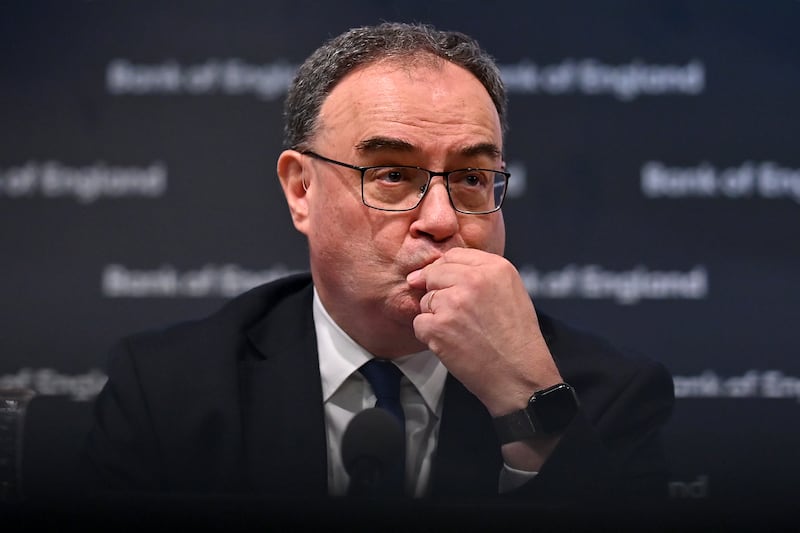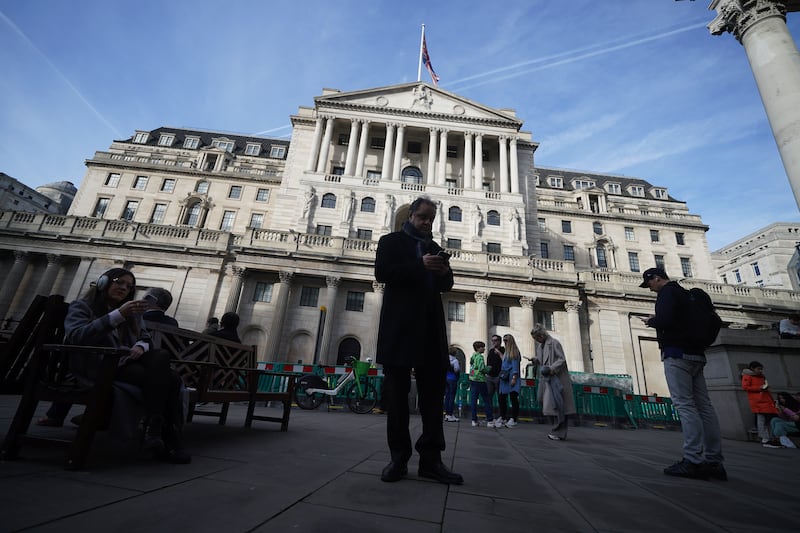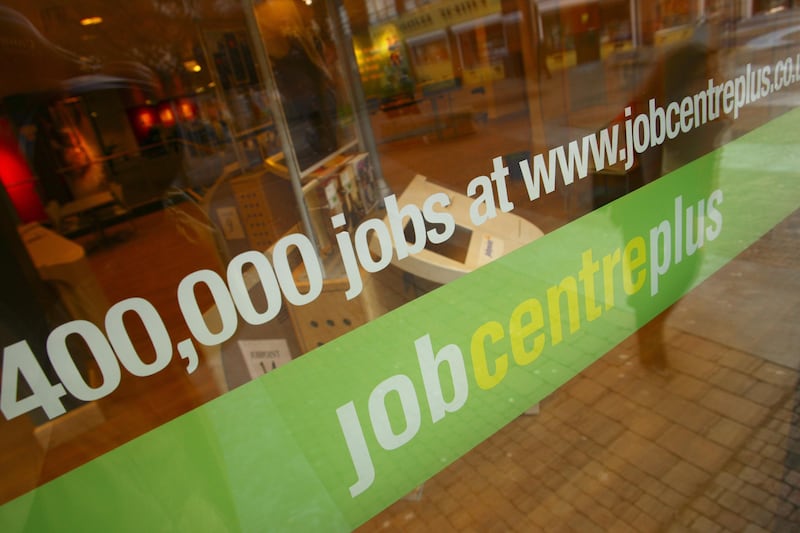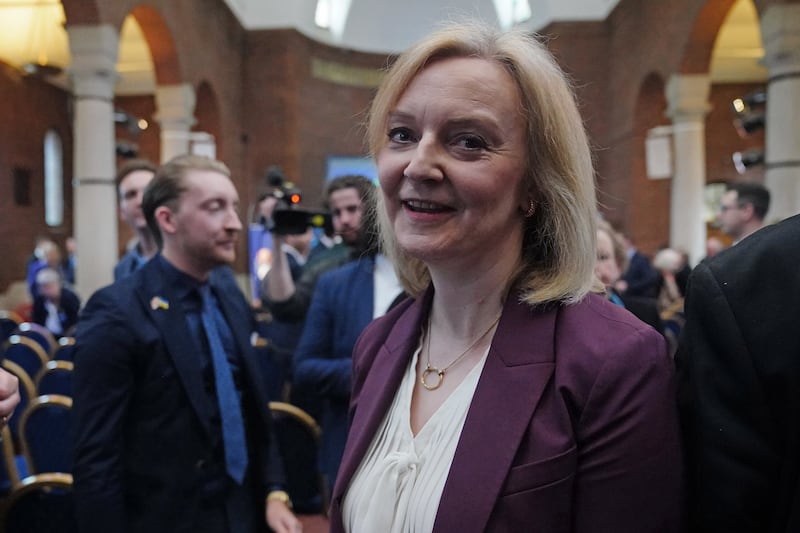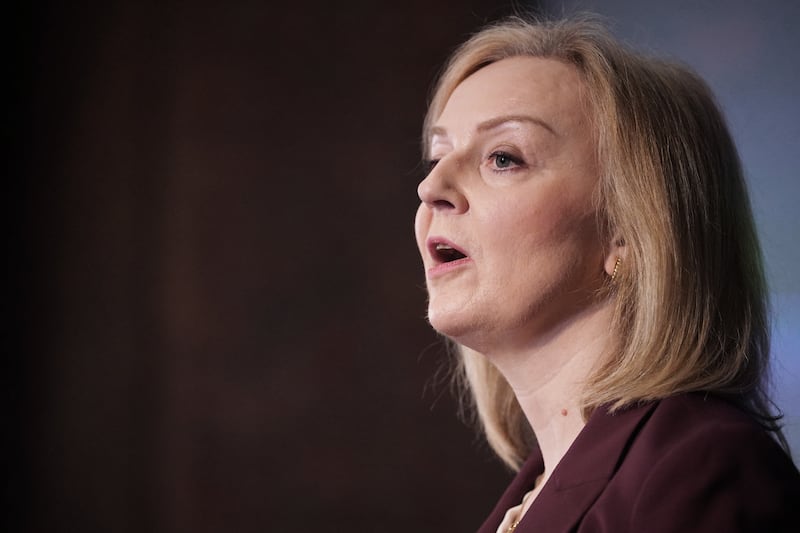BUSINESSES have put hiring on hold and are freezing investment in the aftermath of the Brexit vote, according to a Bank of England report.
The Bank's summary of business conditions, which is based on reports from regional agents, found that "investment and employment intentions had fallen" and signalled "broadly flat levels of capital spending and employment" over the next six months to a year.
Its report revealed that in some sectors - in particular the hard-hit commercial property market - "all non-essential recruitment had been frozen", while hiring had also slowed among professional and financial services firms.
Retailers had "subdued" recruitment plans, but this was largely down to the extra costs of the national living wage and "intense competition", according to the report.
The Bank said overall, businesses were more upbeat as the initial shock of the decision to quit the EU had passed, while activity was shown to have slowed but remained positive.
Allan Monks, an economist at JP Morgan, said the report pointed to a "clearer Brexit impact ahead".
He said: "Readings on employment, and, particularly investment intentions, over the forthcoming year show a marked deterioration within service sector industries."
He added that while recent industry surveys have raised hopes of a Brexit bounce, "a business impact that bleeds in slowly through time will still have significant adverse economic implications".
The Bank kept rates on hold at 0.25% last week after an emergency cut in August for the first time since 2009 and said another reduction was still on the cards by the end of the year despite signs of a cautious economic rebound.
The latest agents' report confirmed recent comments by the Bank that the housing market outside London had held up surprisingly well, as had consumer confidence.
But it revealed there were "reports of projects being challenged more rigorously and, in some cases, being scaled back or deferred".
Commercial property remained among the hardest hit sector since the Brexit vote, but manufacturers were hoping to benefit from the weaker pound, the report found.
